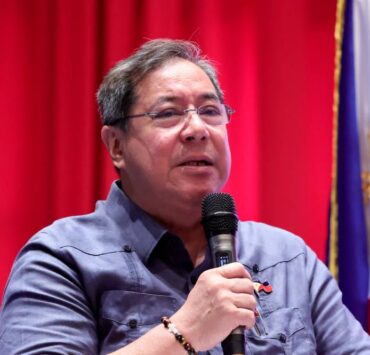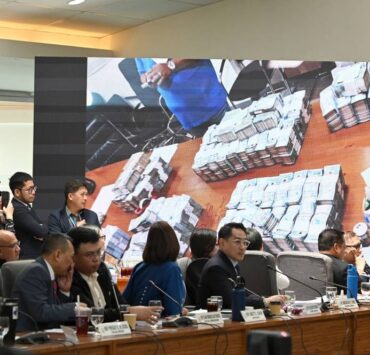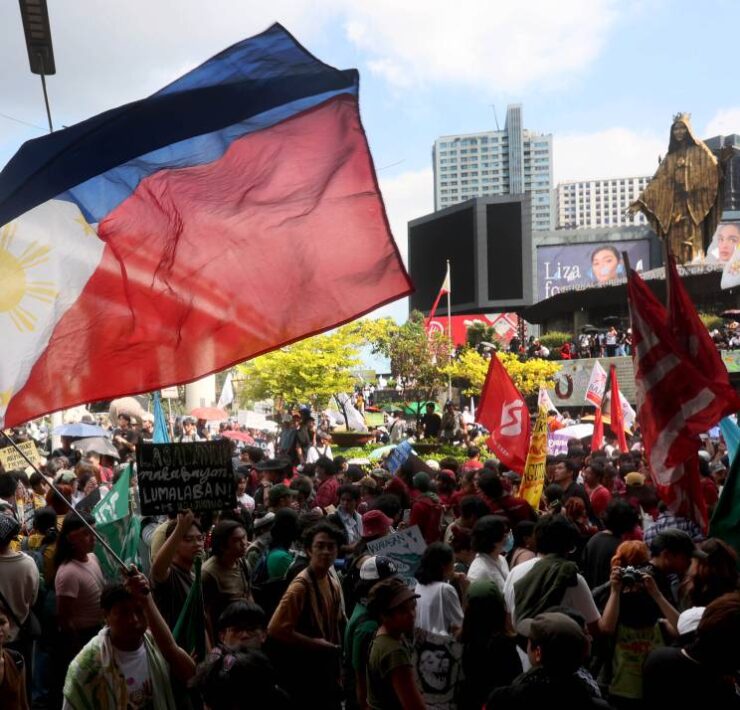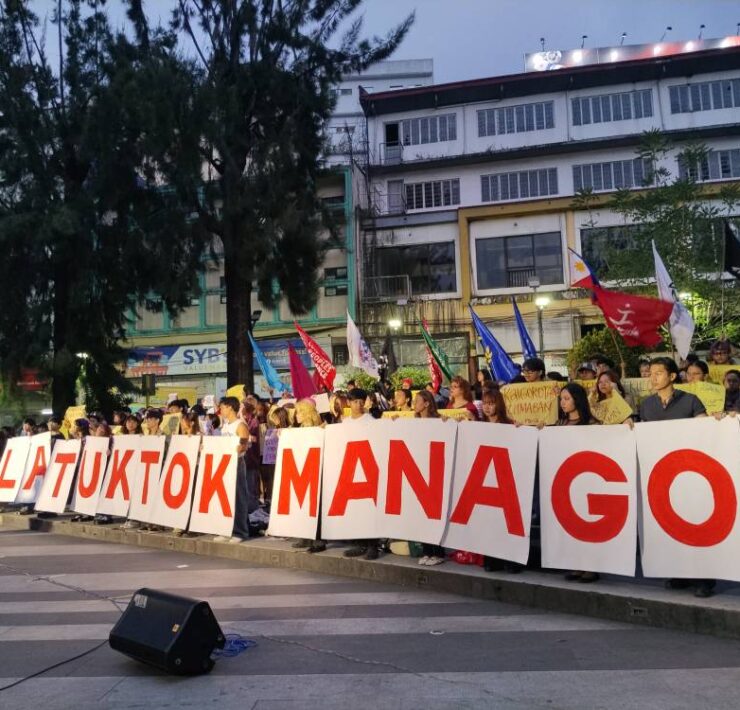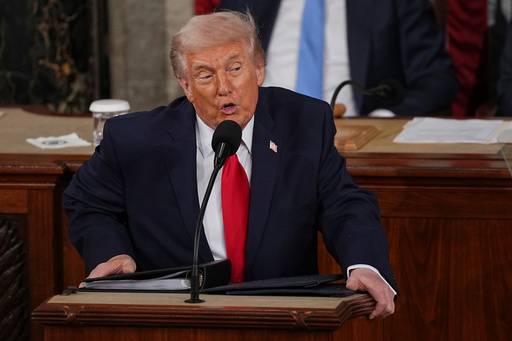Marcos: Budget bicam talks to be livestreamed
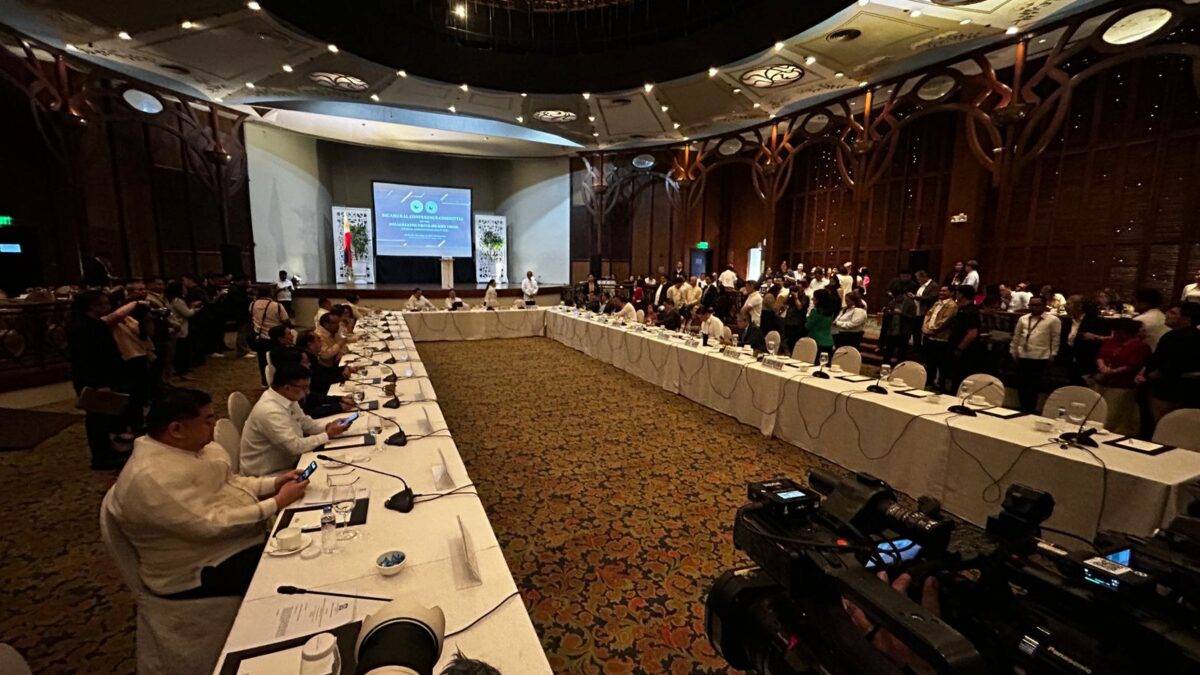
Heeding calls from civil society groups and some lawmakers, President Marcos said on Wednesday he had convinced Congress to livestream the bicameral conference on the 2026 national budget amid a corruption scandal.
If ever, this will be the first time in history that the bicameral conference committee hearings on the national budget—often perceived as a venue for anomalous insertions—will be open for public viewing.
“To further encourage transparency, I intend to livestream the bicam,” Mr. Marcos told reporters. “We will livestream the entire process so that if there are questionable, shall we say, insertions or additions or all that—it will also be clear who moved, who made those changes or who proposed those changes so that [the] people will [also] know.”
The President’s agreement with congressional leaders came amid ongoing investigations into allegations of collusion among lawmakers, public works officials and private contractors to skim off billions of pesos for flood control projects, and questionable congressional insertions in the 2025 national budget.
Senate President Vicente Sotto III and House Speaker Faustino Dy III confirmed their agreement with Mr. Marcos to livestream the bicameral conference—the final legislative phase where disagreeing provisions of a bill are ironed out before it is sent to the President for signing.
“That is precisely what we have agreed with the President, and as a matter of fact, I specifically introduced that provision in our joint resolution with the HOR (House of Representatives),” Sotto said.
Dy said the chamber was “more than willing” to livestream the bicameral conference “so that it need not be held in private or closed venues.”
However, both chambers have yet to pass their respective joint resolutions formalizing this arrangement.
Executive overreach
Despite his noble intentions, the President’s pronouncement may be construed as an executive overreach as the budget deliberation process is the exclusive mandate of Congress, a co-equal branch.
“Why is the President the one announcing this when it’s an activity of Congress? What happened to the separation of powers?” former Finance Undersecretary Cielo Magno, who advocates an open bicameral conference, said in a Facebook post.
The Akbayan party list welcomed the pronouncement but said transparency in the budget process “should not be dependent on the agreement of a few men.”
“If they are serious, we urge both houses to pass our resolution institutionalizing transparency in the budget process and opening all of its stages to the public and to civil society participation,” it said in a statement.
No need to veto
The House on Monday approved its version of the proposed P6.793-trillion national budget for 2026, which retained the P255-billion cut from the Department of Public Works and Highways for locally funded flood control projects and the P243-billion unprogrammed appropriations (UA).
When asked to comment on this, the President said all of the line items were aligned with his administration’s priorities and ruled out the possibility of a veto.
“From the last time I saw the latest version of the budget, I didn’t see anything that deviates from the national government’s plan. So, I don’t think there will be a need to issue a veto,” he said.
Meanwhile, a coalition of fiscal reform advocates, however, warned that the proposed 2026 national budget would allow Malacañang to spend billions without congressional oversight through “shadow budgets.”
The Bantay Budget Network (BBN), led by former National Anti-Poverty Commission head Liza Maza, said the House version effectively gave the executive branch unchecked fiscal power through the P243-billion UA and the P10.9-billion confidential and intelligence funds.
BBN is among the civil society groups accredited by the House to be nonvoting observers during the budget cycle for 2026.
The UA functions as a “parallel budget space” that allows the President to disburse funds outside the approved spending plan, with minimal congressional scrutiny,” the network said. —WITH REPORTS FROM LUISA CABATO AND TINA G. SANTOS














